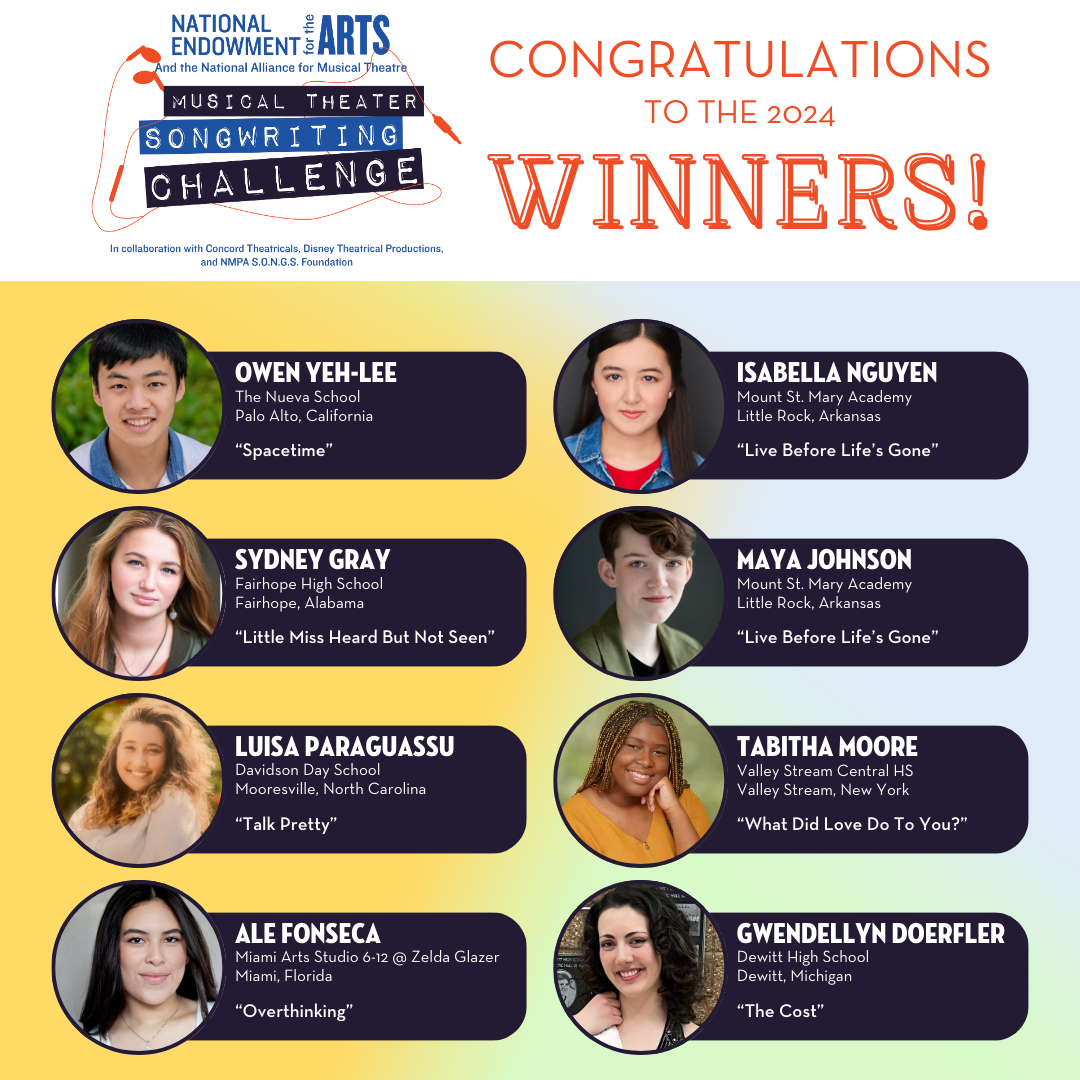Creative Forces Announces Grants for Arts Engagement Projects to Support Military-Connected People
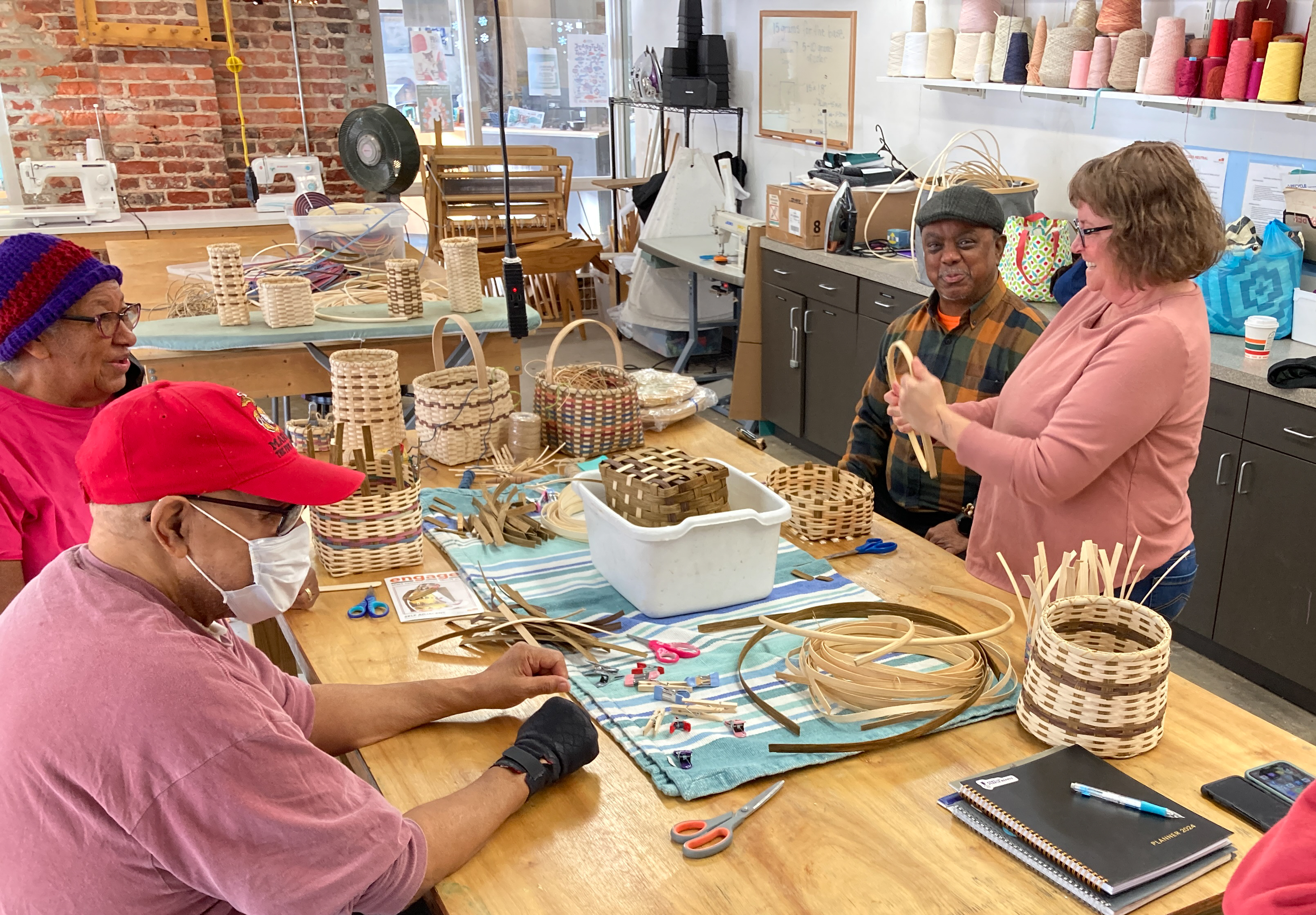
Veterans learn traditional and experimental basket weaving techniques with VisArts teaching artists Tracy Haines and Patrick Carter at the Visual Arts Center of Richmond. The Visual Arts Center of Richmond will receive a 2024 Creative Forces Community Engagement grant. Photo courtesy of Visual Arts Center of Richmond
NEA Dance Applicant Office Hours, July 19
Peer Review 101 for Arts and Culture Grants
A Beginner's Guide to Japanese Classical Dance
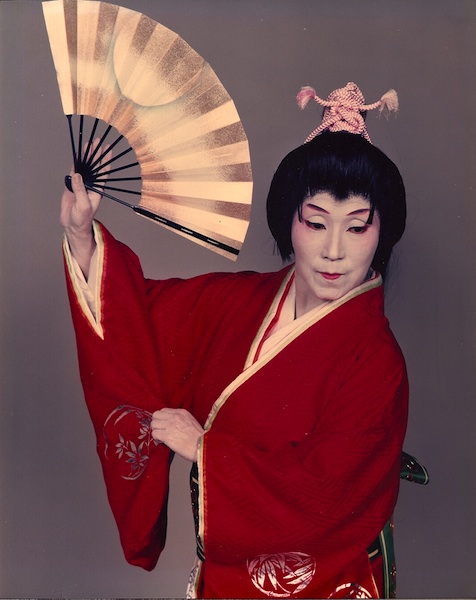
Sneak Peek: Shanna Lin Podcast
Shanna Lin: Paterson Music Project is an El Sistema-inspired program that started 11 years ago in Paterson, New Jersey, at the Community Charter School of Paterson. It is actually a social impact program. The whole idea is that through music education, students can really learn things like discipline and grit and teamwork, and how to build their community and how to support their peers in a musical setting, which should carry over to their everyday lives.
Readout of Federal Interagency Working Group on Arts, Health, and Civic Infrastructure Meeting
Healing, Bridging, Thriving: A Reflection by Krys Holmes of the Montana Arts Council
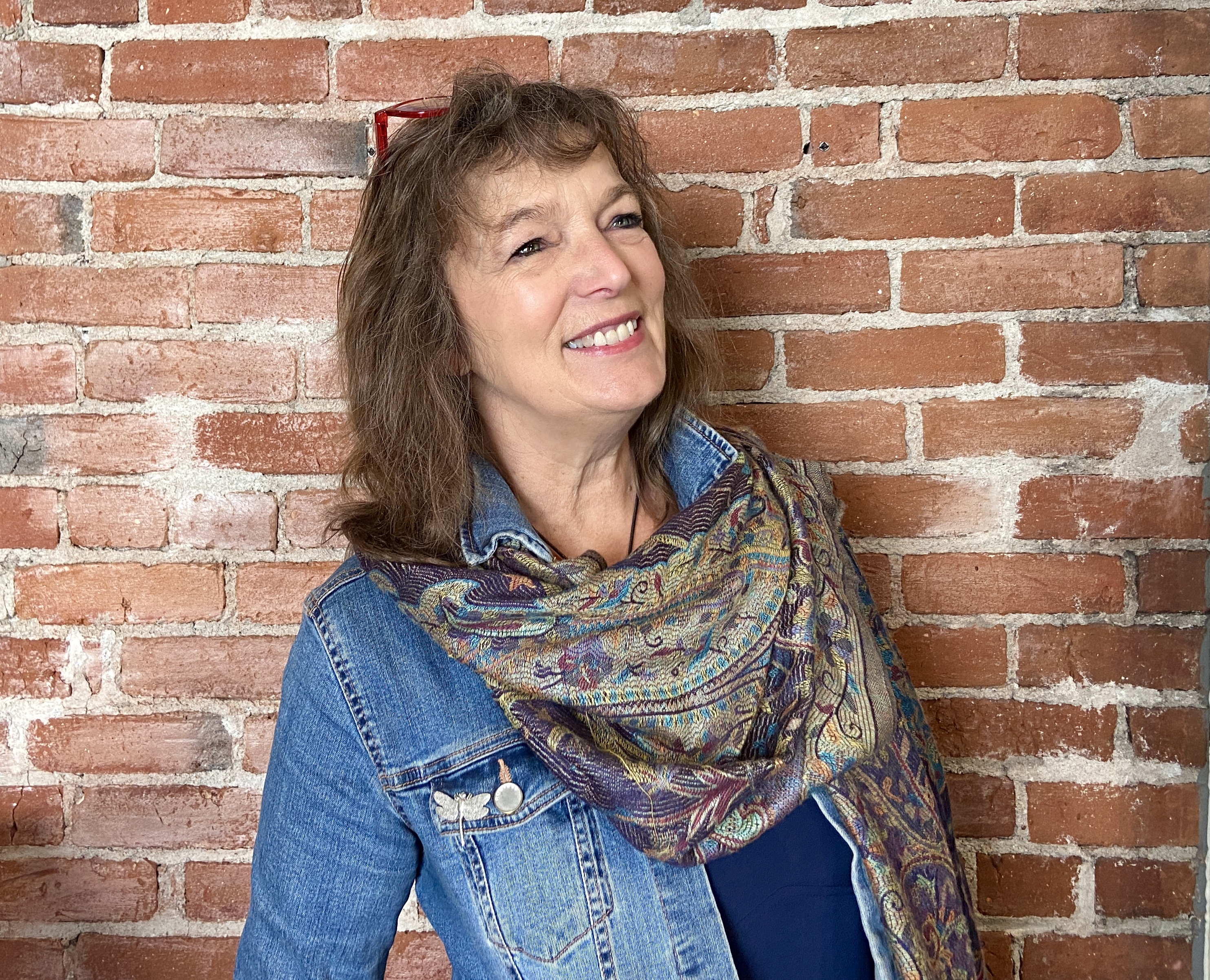
Krys Holmes. Photo courtesy of Ms. Holmes
The Artful Life Questionnaire: Reverend Irene Pak Lee (San Jose, CA)
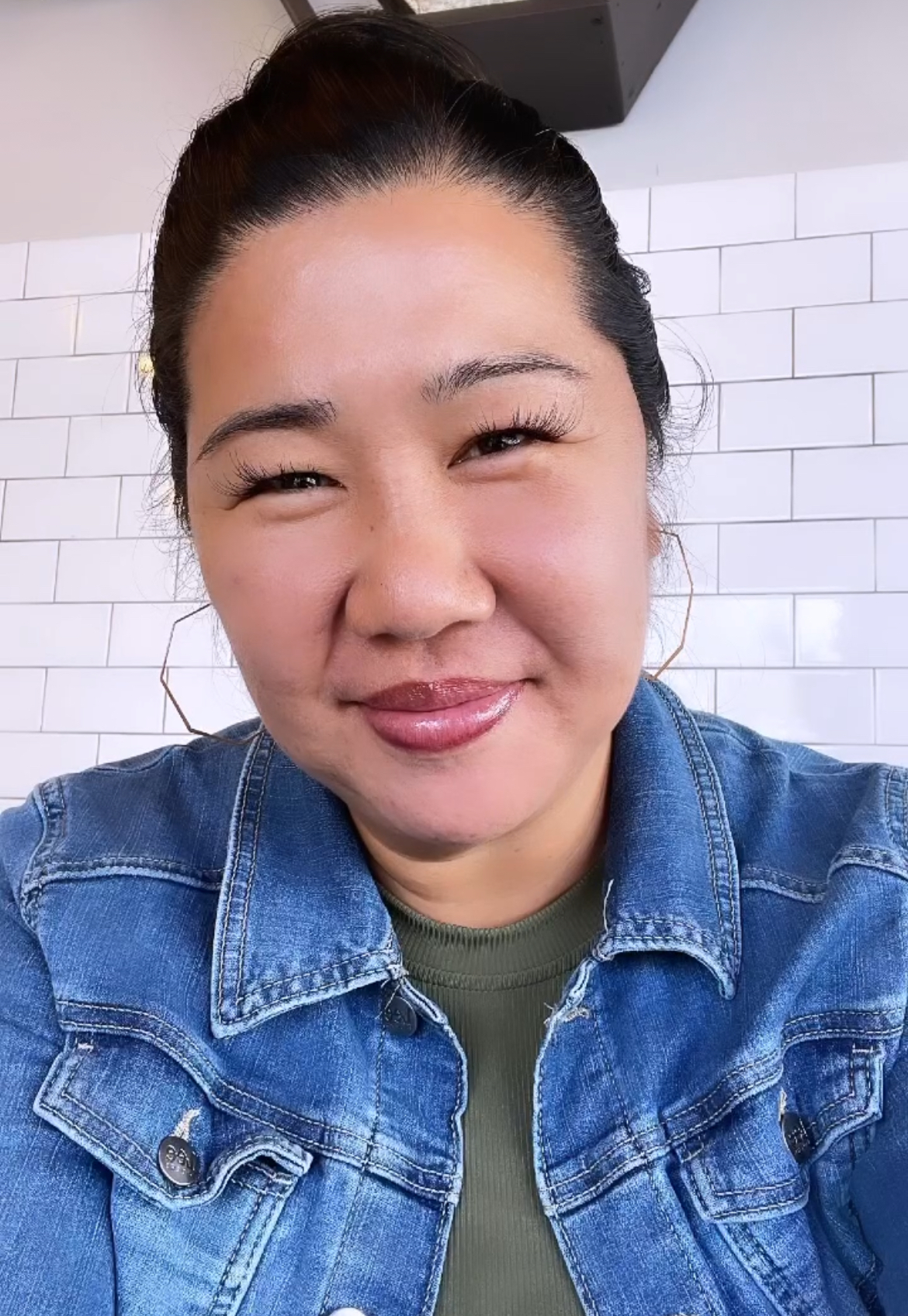
Reverend Irene Pak Lee. Photo courtesy of Rev. Pak Lee.
Announcing the Musical Theater Songwriting Challenge Winners
